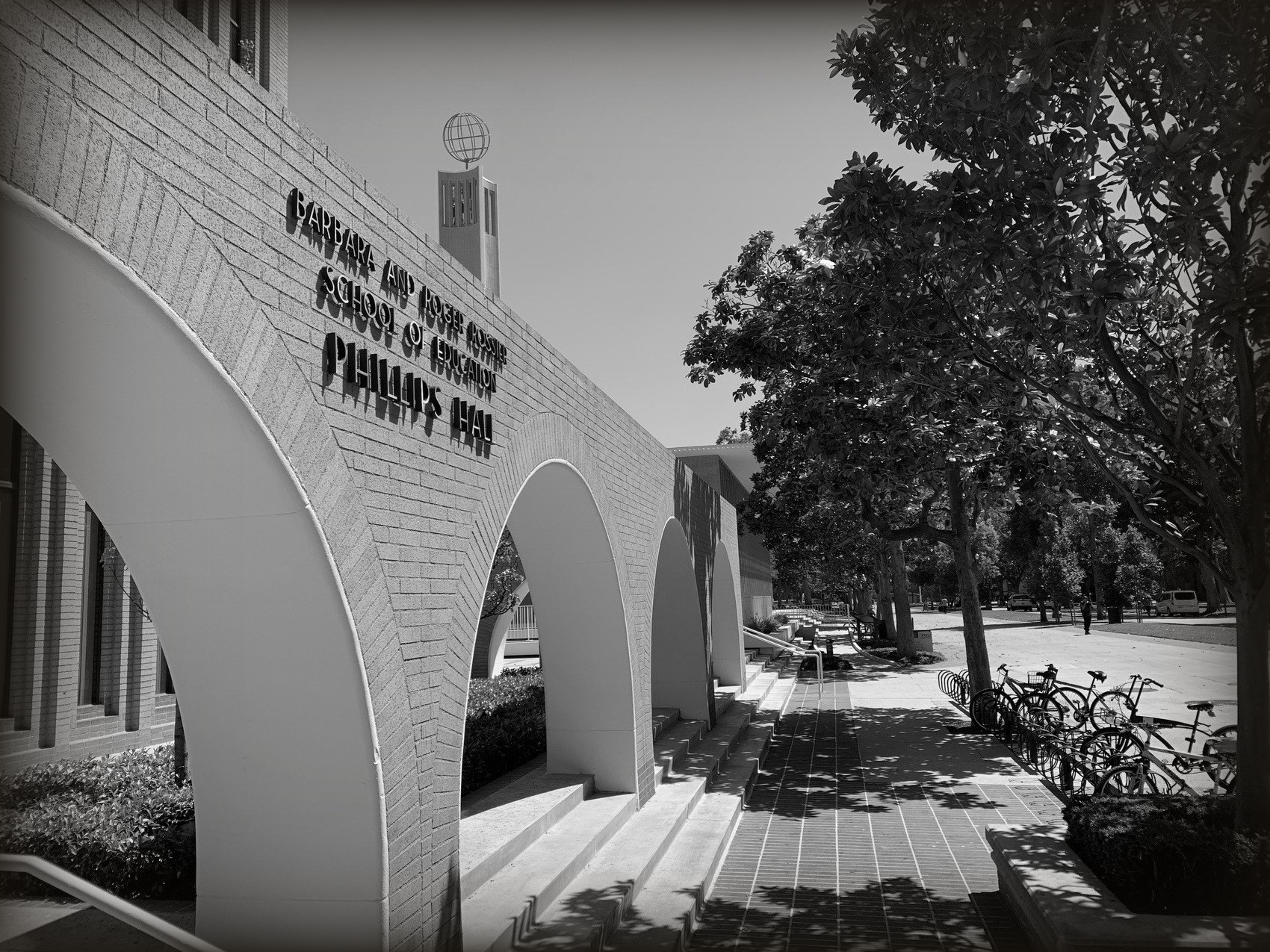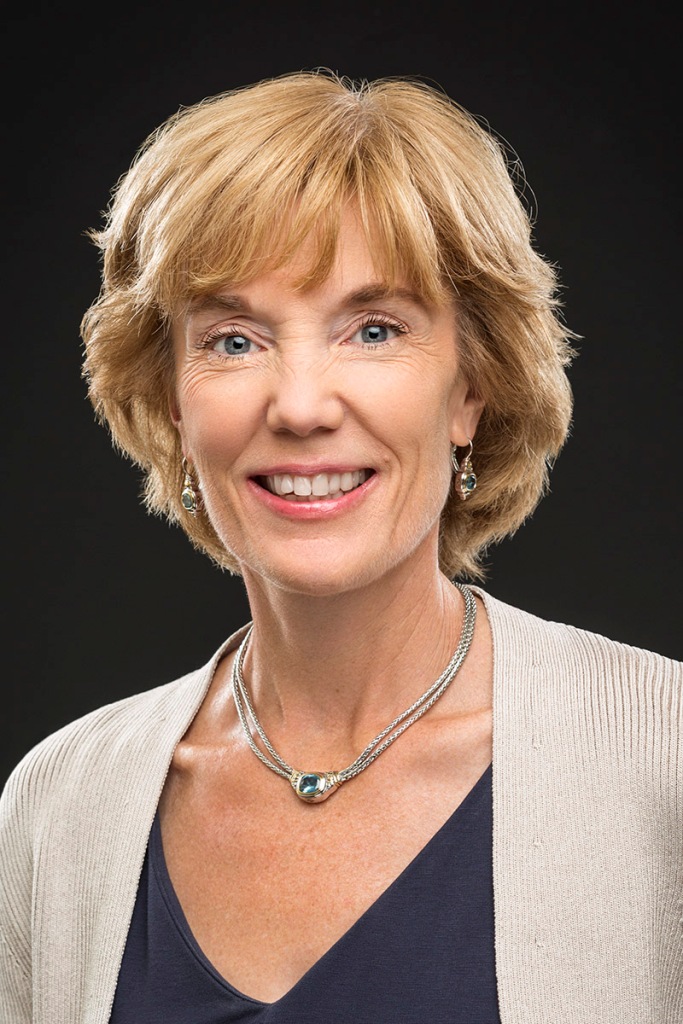
Pullias Center 25th Anniversary Reflections: Laura W. Perna
Laura W. Perna, Centennial Presidential Professor of Education at the University of Pennsylvania Graduate School of Education, reflects on the Pullias Center in this third of 12 anniversary reflections throughout 2020 marking the center’s 25th anniversary
The opportunity to collaborate with the Pullias Center early in my career has had a lasting influence on my efforts to improve equity and access in higher education. In the early 2000s I was invited to participate in the Center’s project that produced Preparing for College: Nine Elements of Effective Outreach, a volume published in 2004 and edited by the center’s Founding Director, Bill Tierney, along with Zoe Corwin, and Julia Colyar. Five elements of this project help explain why the Pullias Center has made such a lasting impression on my own research and policy work. More importantly, these five elements shed some light on how Bill Tierney and the Pullias Center have made so many important contributions to higher education research, policy, and practice over these past 25 years.
 Address a timely, policy-relevant, under-researched topic. When research for Preparing for College was conducted in the early 2000s, there was a growing awareness of the potential value of college outreach programs—programs designed to improve the transition to college for students from underserved groups. But while many different types of programs were being developed and implemented, no one was systematically considering how to design a program that would be effective. By producing a comprehensive review and synthesis of what is and isn’t known about key program elements, this project productively addressed this knowledge gap. Preparing for College, like so many other Pullias Center projects, addressed questions that policymakers and administrators were asking and should be asking, and provided the foundation for future research.
Address a timely, policy-relevant, under-researched topic. When research for Preparing for College was conducted in the early 2000s, there was a growing awareness of the potential value of college outreach programs—programs designed to improve the transition to college for students from underserved groups. But while many different types of programs were being developed and implemented, no one was systematically considering how to design a program that would be effective. By producing a comprehensive review and synthesis of what is and isn’t known about key program elements, this project productively addressed this knowledge gap. Preparing for College, like so many other Pullias Center projects, addressed questions that policymakers and administrators were asking and should be asking, and provided the foundation for future research.
Develop a sound conceptual framework. This project was exceptionally well-conceptualized. Bill, Zoe, and Julia started by identifying nine propositions about what might make a college outreach program effective. They then assembled a multi-generational group of scholars to provide in-depth reviews of each of these program elements. The nine program elements that were examined included the roles of culture, families, peer groups, counseling, and mentoring, as well as academic preparation, cocurricular activities, timing, and costs.
Incorporate peer-review and feedback. The project involved several rounds of feedback and revisions, at multiple stages, from initial outline to interim and final chapter-length manuscripts. Especially valuable was the opportunity to present and discuss draft manuscripts at a multi-day, in-person meeting. Jeannie Oakes, one of the discussants for my paper, provided feedback and insights that not only improved my manuscript for this volume but also influenced my subsequent work and understandings.
Involve a diverse group of scholars. The scholars invited to participate in this project were diverse in demographic background, career stage, and disciplinary and methodological perspectives. Then an assistant professor, I greatly appreciated the feedback that I received from Bill, Zoe, and Julia. That opportunity for in-depth discussion and engagement with colleagues at the in-person, multi-day meeting in beautiful Santa Barbara is still an intellectual highlight of my career.
Focus on connecting research, policy, and practice. A driving goal of the project was to produce recommendations, based on a review of relevant research and theory, that policymakers and practitioners could use to improve college-related outcomes for people from underserved groups. Like so many other Pullias Center projects, this project also produced a strong foundation and framework for the next generation of research on this topic.
I and so many others have benefited, directly and indirectly, from the leadership that Bill Tierney and the Pullias Center have provided to the field of higher education over these past 25 years. I am grateful for these gifts. I look forward to the important contributions the Pullias Center will undoubtedly continue to make into the future under the leadership of director Adrianna Kezar.
NOTE: Laura Perna will become the University of Pennsylvania’s Vice Provost for Faculty on July 1, 2020